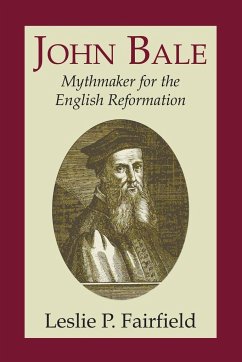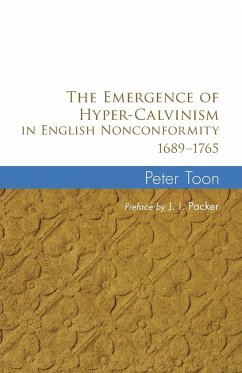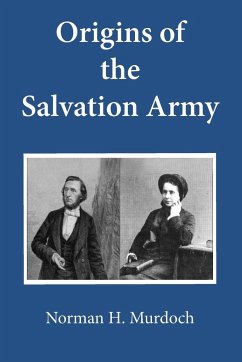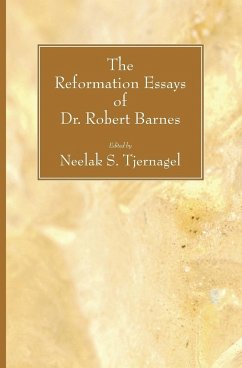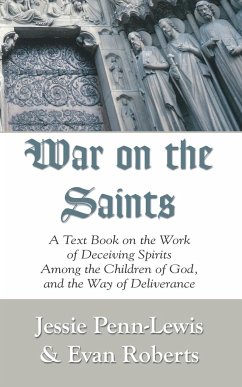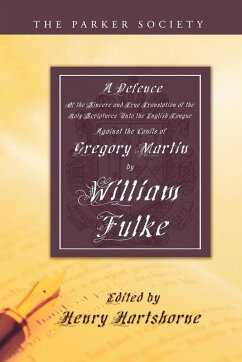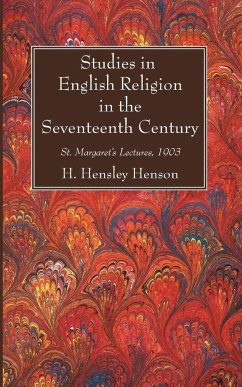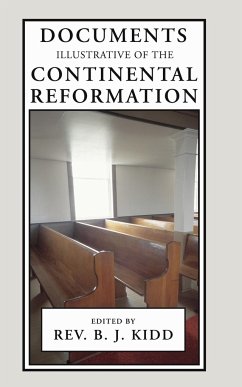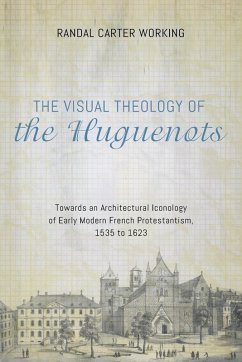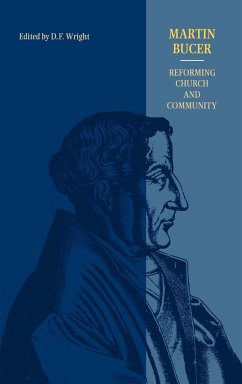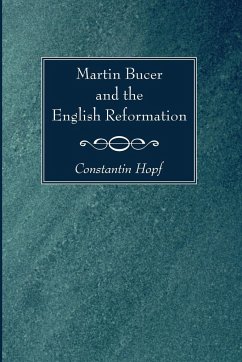
Martin Bucer and the English Reformation

PAYBACK Punkte
13 °P sammeln!
Description: George Herbert, in his poetic skill and the depth of the spiritual experiences he explores, may be the greatest of all religious poets. This is a study of the specific religious experiences and beliefs that Herbert writes about, both in his poetry and in his prose. As such, it also examines the spiritual landscape of seventeenth-century England, a period, for all of its controversies, still dominated by the understanding of God and the human condition articulated by Martin Luther and systematized by John Calvin. Reformation spirituality, which was different both from medieval Cath...
Description: George Herbert, in his poetic skill and the depth of the spiritual experiences he explores, may be the greatest of all religious poets. This is a study of the specific religious experiences and beliefs that Herbert writes about, both in his poetry and in his prose. As such, it also examines the spiritual landscape of seventeenth-century England, a period, for all of its controversies, still dominated by the understanding of God and the human condition articulated by Martin Luther and systematized by John Calvin. Reformation spirituality, which was different both from medieval Catholicism and late Protestantism, is itself little understood by literary historians, who have tended to look to medieval or Counter-Reformation ideas and practices or to a simplistic distinction between ""Anglicans"" and ""Puritans"" as ways of understanding the religion of the time. This study presents Reformation spirituality phenomenologically, from the inside. Just as Reformation spirituality reflects Herbert's poetry, Herbert's poetry illuminates Reformation spirituality, showing the experiential and mystical dimensions of an important religious tradition. Endorsements: For the reader who wants to understand George Herbert's unique Protestant aesthetic, Gene Veith's Reformation Spirituality is indispensible reading. Theologically alert, historically aware, and artistically generous, Veith's book helped to dispel many foggy and anachronistic notions about Tudor-Stuart religion when it first appeared a generation ago, and its strong, steady light still shines. ""Is there in truth no beauty?"" Herbert provocatively asks in ""Jordan I."" Veith's emphatic answer is, Very much indeed. -Christopher Hodgkins, University of North Carolina at Greensboro -Co-Founder, The George Herbert Society -Author, Authority, Church, and Society in George Herbert: Return to the Middle Way Veith's book is a scrupulous and sensitive reading of the protestant spirituality underlying much of Herbert's poetry - particularly helpfully identifying parallels with Calvin's theology - and constitutes an important contribution to scholarship on the early modern English devotional lyric. -Helen Wilcox, , Professor of English, Bangor University, Wales -editor, The English Poems of George Herbert (Cambridge University Press, 2007) About the Contributor(s): Dr. Gene Edward Veith is Provost and Professor of Literature at Patrick Henry College. He is the author of 18 books on topics involving literature, Christianity and culture, classical education, theology, and the arts. They include Reading Between the Lines, Painters of Faith, Postmodern Times, Classical Education, Loving God With All Your Mind, and The Spirituality of the Cross.




